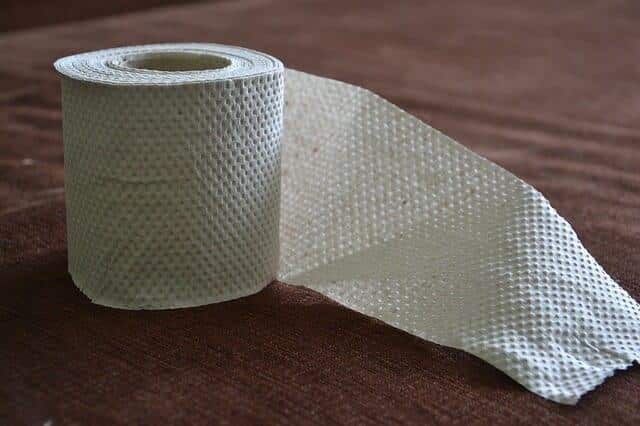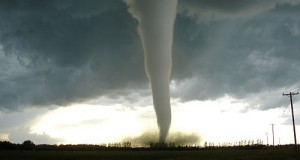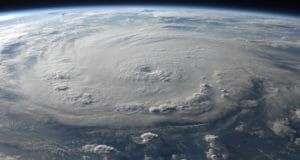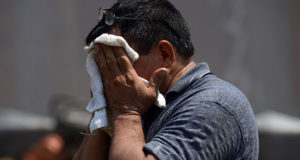Many stockpiles focus exclusively on food. But it’s important to plan for the non-edible items you need to store.
Use this checklist of more than 65 non-edible essential stockpile items to make sure you haven’t missed something important.
We’ve split this list into three main categories: cooking supplies, shelter supplies, and personal comfort.
Cooking & Kitchen Supplies Checklist
These cooking and kitchen supplies are needed for food preparation, meal cleanup and food storage:
Dish soap, paper plates and disposable utensils, paper towels (using disposable items saves water, which may be a concern during a crisis), garbage bags, and freezer bags of various sizes are good items to store. Also consider food-grade buckets, can openers, charcoal and lighter fluid, and or one or more means of cooking food, whether that’s a propane fired generator or a propane fired grill or a wood stove. You also may need a knife sharpener. Also include hunting and fishing equipment.
Shelter Supplies Checklist
Shelter supplies are needed for heat, light, repairs, sheltering in place, and items that make a structure livable.
Get Backup Electrical Power In A Convenient, Portable Briefcase!
Heating: You need a source of heat in cold months. First, a supply of heating fuel (is your fuel tank full?). If you have a generator, you need a full tank of fuel to power that, too. If you don’t have a generator, you need a non-electric source of heat, such as a wood stove, and the wood, kindling, and newspaper needed to start a fire. Wood takes time to season, so do not assume you can just chop down a tree and get ready to use firewood. A fresh chopped tree is green wood, and green wood does not burn well.
Light: If the electricity goes out, you need candles and flashlights (and matches/lighters and batteries). It’s fairly easy to get solar power and battery setup to power lighting (heat and appliances are more difficult and expensive), which means you could save on your electric bill now and be prepared while having to store fewer flashlights and candles.
Additionally, evaluate your water supply and what you need for short- and long-term water supplies. Unless you have an artesian spring, your water supply likely depends on electricity (such as either a well pump or municipal water treatment plant). Store a supply of water, or have the knowledge and know-how to get water from a well without electricity.
Every home should have a supply of nails, screws and the basic tools for repair (a hammer, a screwdriver set, a set of socket wrenches, a measuring tape, a hacksaw, a wood saw, and a pipe wrench are the bare-bone basics). Other supplies to have on hand: duct tape, staple gun and staples, and plastic sheeting.
Think you can remember everything, all the time? Maybe not, so get a supply of pens, pencils, paper, and a pencil sharpener.
A washtub, washboard, laundry soap, clothesline and pins: These could go in the next category of health and personal comfort, but laundry and washing is so tied to home and water that it’s in this category.
Before we move on from shelter supplies, you should add the following supplies to your car or garage: a 5-gallon container to store gas, a length of tubing to siphon fuel, and a real spare tire instead of the donut that’s probably in your trunk.
Health and Personal Comfort Supplies Checklist
Health and personal comfort supplies cover everything from toilet paper to an upgraded first-aid kit. Get a good kit, or upgrade the basic first-aid kit you have with compression bandages and QuikClot (lifesavers in the event of heavy bleeding and NOT in the standard first-aid kit), real scissors, real tweezers (the plastic ones in most kits are a joke), antiseptics like peroxide and rubbing alcohol, splints and ace bandage.
Have a supply of your essential medications and the standard medicinal items like aspirin, fever reducers like Tylenol, electrolyte solution, and cough medicine.
Soap, bleach and hand sanitizer are important items to store, as are toothbrushes, toothpaste, and diapers if any of applicable age in the house. Don’t forget to consider the needs of children and elderly relatives (both may need diapers). Extra towels (see laundry in the above category), blankets and sheets are always good to have.
In conclusion, there are many stockpile supplies that you can’t eat, but you really need.
What would you add to our list? Let us know in the section below:
 Off The Grid News Better Ideas For Off The Grid Living
Off The Grid News Better Ideas For Off The Grid Living




